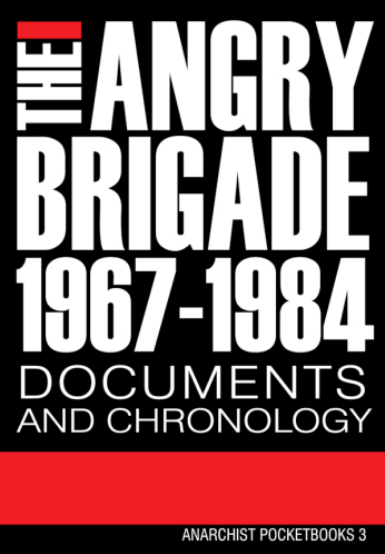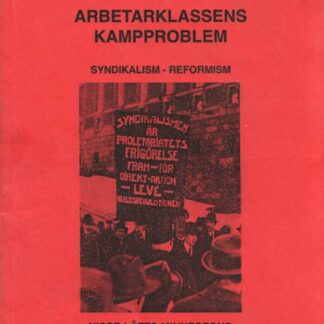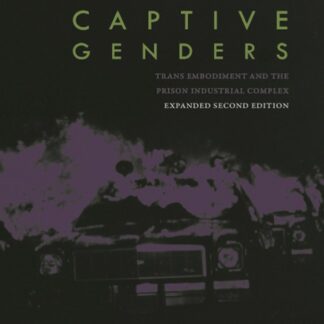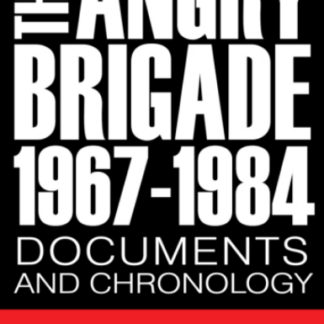Beskrivning
Described as ”mad”, ”terrorists”, ”adventurists”, or at best authors of ”gestures of a worrying desperation”, the Angry Brigade were condemned without any attempt to analyze their actions or to understand what they signified in the general context of the class struggle in course. The means used to justify this were simple: by defining the actions of the Angry Brigade as ”terrorist”, and equating this with ”individualist”, the movement organisations – whose tendency is to see the relationship between individual and mass as something in contrast – neatly excluded them from their concerns. Strangely enough this attitude was not limited to the broad left but was also prevalent within the anarchist movement, where still today there is a tendency to ignore the role of the individual within the mass, and the role of the specific group within the mass movement. When the question is raised, it is usually in the form of an absolute condemnation.
The problems encountered by the comrades of the Angry Brigade were similar to those of other groups active at the time who had refused the limits of struggle delineated by the State – the so-called limits of legality, beyond which the repressive mechanism is is unleashed – and taken as their points of reference the level of mass struggle. This decision was in defiance of the State’s definition of the struggle’s confines. It also defied the limits imposed by the official workers’ movement and the extraparliamentary organisations, including the anarchist movement.





